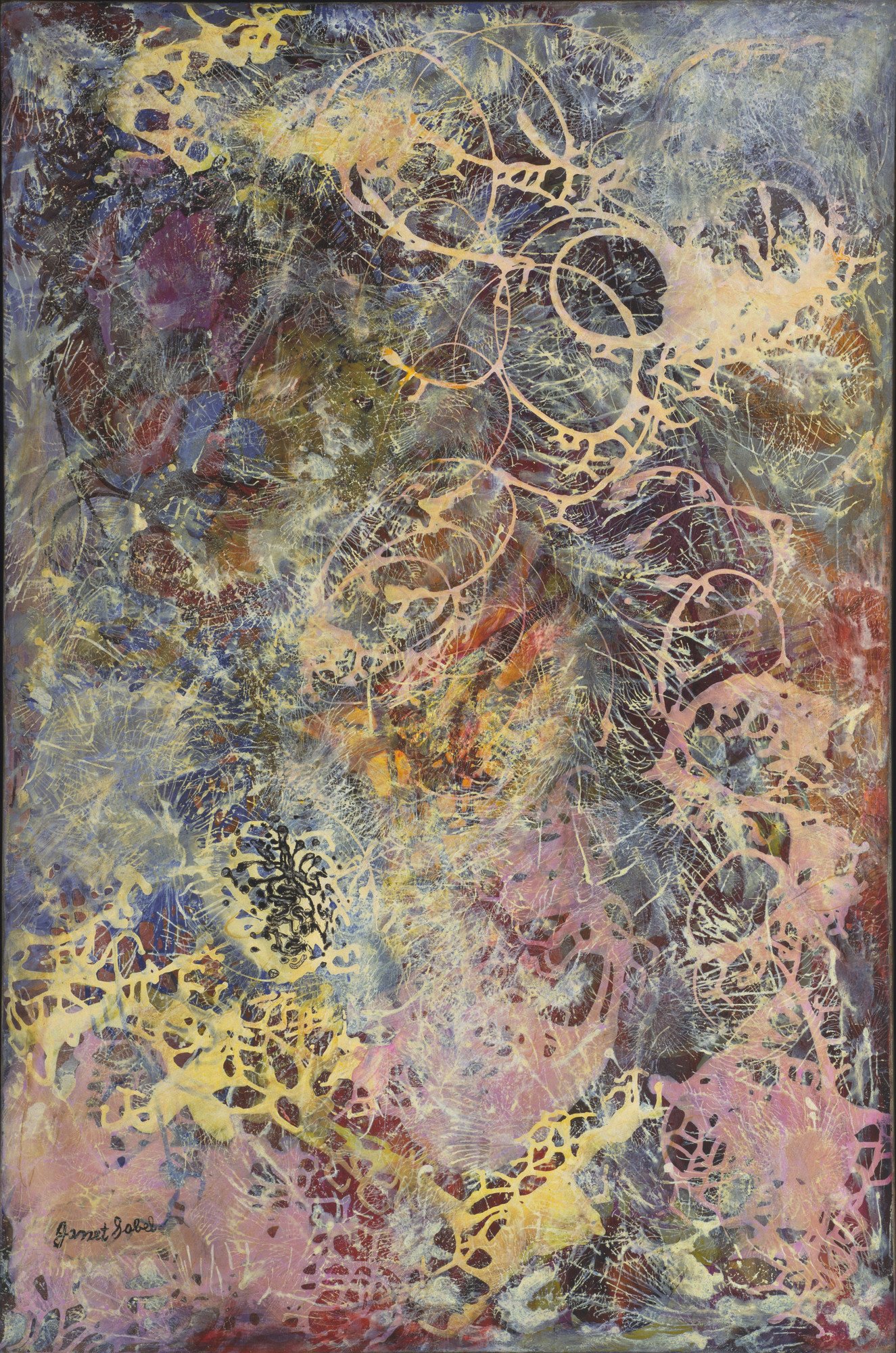Approach
My approach is integrative and grounded in the ethics of narrative therapy, critical psychology, liberation psychology, and feminist therapy.
I have always been fascinated by the healing power of stories and believe therapy should be approached in a spirit of solidarity, respect, and accountability. A principle central to my work is that our lives are multistoried. The stories we tell about ourselves and others shape our experience in fundamental and often unseen ways; certain stories may limit what we believe is possible, while others may serve us in positive and meaningful ways. I strive to co-create conversations that generate hope and bring greater clarity to people’s preferred identities and ways of being in the world.
I am also committed to practicing critical consciousness and inviting discussion around the effects of broader relations of power in people’s lives. This involves working intentionally across differences and exploring the wider social, cultural, historical, and relational contexts that people inhabit, rather than locating “problems” within the individual. I see people and communities as inherently resourceful; it is my intention to practice from a place of cultural humility while centering the knowledge, wisdom, and lived experience of the people who consult me.

Although my theoretical and philosophical foundation is largely tied to narrative therapy, I am deeply appreciative of somatic practices and regularly incorporate different modes of inquiry into my work (such as mindfulness, EMDR, and expressive arts). The somatic practices I employ do not involve any form of physical contact. Rather, they serve as a means to help people tune into their bodies and see things from a ‘body felt’ position, which may ultimately support them to cultivate a deeper connection with themselves.
And what of solidarity? I am thinking of a solidarity that is constructed by therapists who refuse to draw a sharp distinction between their lives and the lives of others, who refuse to marginalize those persons who seek help, by therapists who are constantly confronting the fact that if faced with the circumstances such that provide the context of troubles of others, they just might not be doing nearly as well themselves.
— Michael White, 1993, as cited by David Epston, 2008
